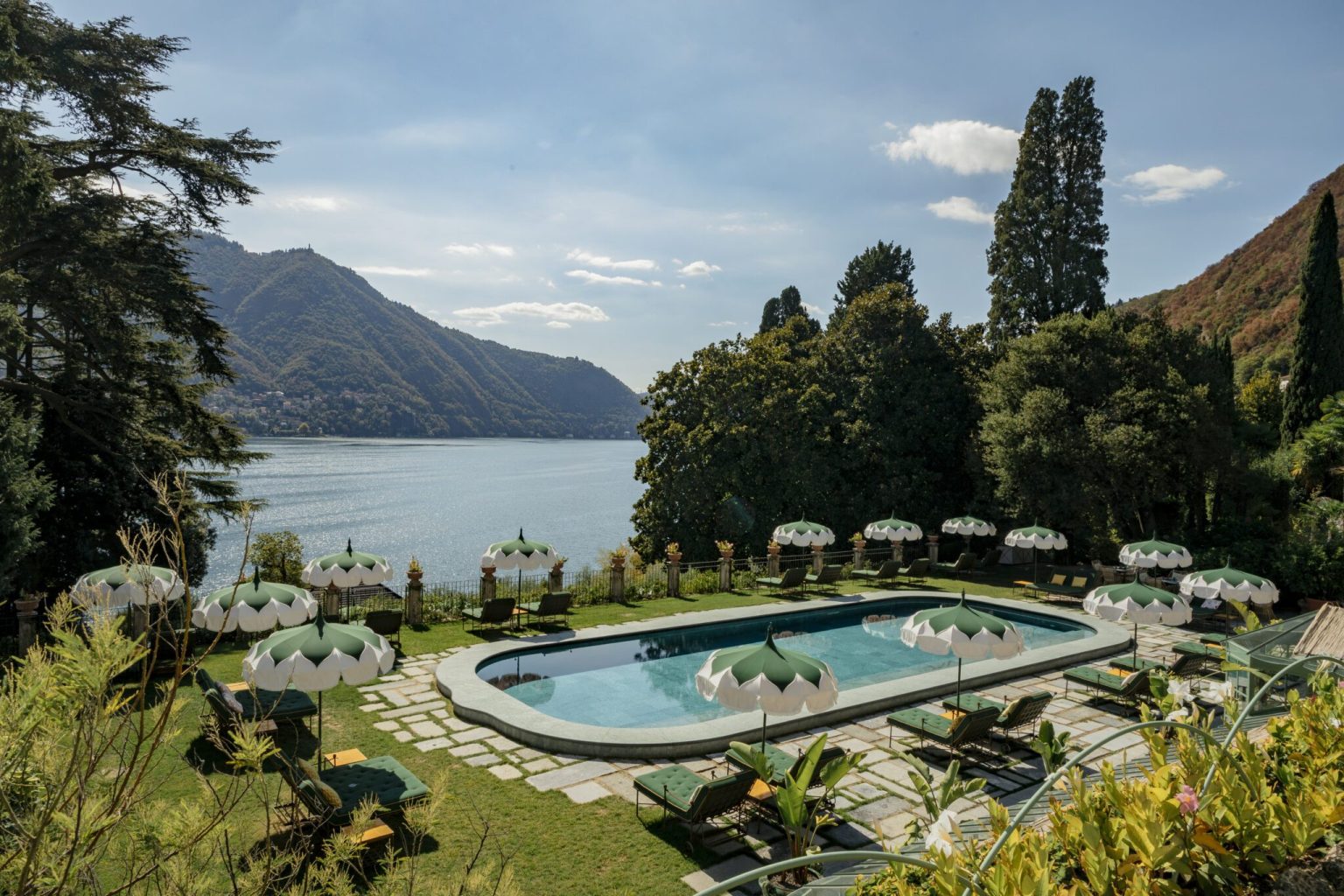Luxury experiences can come with a high price tag, but the value that guests receive is subjective and can vary depending on individual preferences. Passalaqua in Lake Como is highlighted as an example of a luxury experience that over-delivers in terms of design, service, locale, and intangible qualities. Despite the cost, guests feel that they are receiving good value, which is essential in the luxury industry where value and luxury are often perceived as contradictory concepts. It is important for guests to feel that they have received their definition of value, whether it be spiritual, design-related, service-oriented, or something else unique to their experience.
The concept of value in luxury experiences is explored through the lens of irrational behavior in Rory Sutherland’s book, Alchemy. Sutherland discusses the importance of using irrationality to create deeper connections and stand out from the crowd in the luxury industry. He gives examples such as the addition of tin foil on a Pellegrino Limonata bottle, which may not make sense from a cost perspective but adds value to the overall experience. Similarly, having a prideful doorman at a luxury hotel may not be quantifiable from a financial perspective, but it adds a human touch that enhances the guest experience.
True luxury experiences are often characterized by their subjective nature and the deeply irrational acts of generosity that make them stand out. These experiences leave a lasting impression on guests and often result in lifelong loyalty. It is important for luxury establishments to prioritize the guest experience over strict financial optimization in order to create these memorable moments. Owners with a steady hand on operations and a focus on creating special, unique experiences tend to excel in the luxury industry, where value and luxury can coexist harmoniously if done right.
The notion of value in luxury experiences extends beyond the price tag and encompasses the overall impression that a guest takes away from the experience. It is essential for guests to feel that they have received value in various aspects of the experience, whether it be through exceptional service, thoughtful design, or a unique location. These elements contribute to the overall perception of value and can make a luxury experience truly unforgettable. By prioritizing the guest’s experience and creating moments of delight and irrationality, luxury establishments can set themselves apart from the competition and create lasting memories for their guests.
The concept of value in luxury experiences is subjective and can vary greatly depending on individual preferences and expectations. Guests may perceive value differently based on their personal definitions and what resonates with them on a spiritual, design, or service level. Luxury establishments that prioritize creating unique, memorable experiences tailored to their guests’ preferences are more likely to be successful in the competitive luxury industry. By focusing on creating moments of irrational delight and generosity, luxury establishments can stand out and create lasting impressions on their guests that lead to lifelong loyalty and advocacy.


